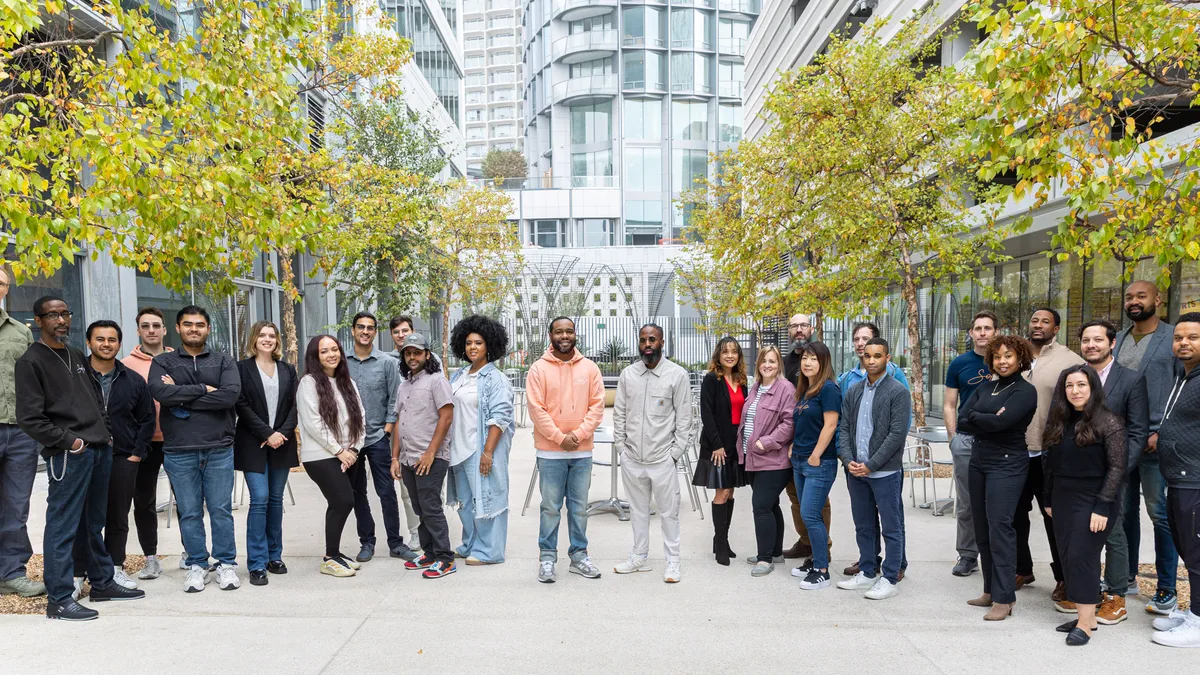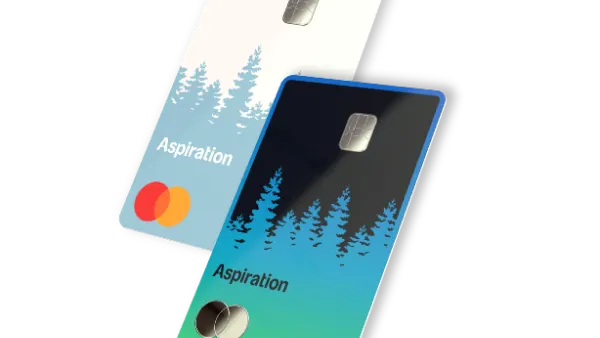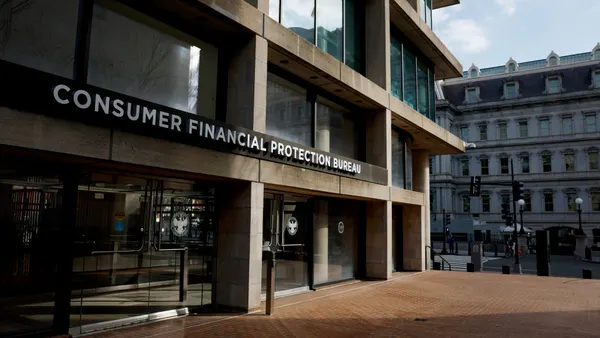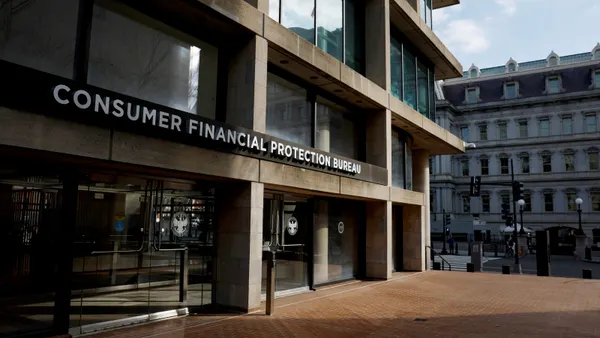SoLo Funds must pay $100,000 to the Connecticut Department of Banking over allegations that borrowers paid hefty amounts as “tips” to access loans on its platform, according to a settlement reached this week.
The settlement follows resolutions the fintech lender reached with regulators in California and Washington, D.C.
“Despite the regulatory focus on fintechs, our financial system is dominated by traditional products which are the most significant culprits of predatory behavior," Kyle George, SoLo’s head of regulatory and government affairs, said in a statement Tuesday. "The status quo does not work. If policymakers are sincere about protecting borrowers and effecting change, they must embrace new models. They cannot legislate by enforcement, suffocate innovation, and then wonder why nothing changes.”
SoLo did not admit to any wrongdoing in any of the three jurisdictions.
The lender’s payments to Connecticut must come in five monthly installments of $20,000 between now and October.
SoLo also has to pay $50,000 to the Department of Financial Protection and Innovation in California within 180 calendar days.
And the fintech must pay $30,000 in restitution to D.C.’s regulator. Borrowers will receive an email bearing the seal of the Attorney General for the District of Columbia — saying they are entitled to funds because of the settlement.
“Our office will not tolerate Fin-tech lenders resorting to new, deceptive practices that adversely impact vulnerable residents who are frequently ineligible for traditional loans,” D.C. Attorney General Brian Schwalb said in a statement this month.
Regulators in Connecticut issued a cease-and-desist order against SoLo last May over concerns with the fintech’s business model. Borrowers wanting to access the SoLo’s platform needed to set up an account with Evolve Bank & Trust, they said. Then, to secure a loan, SoLo encouraged customers to offer a “lender tip” of up to 12% of the loan, in addition to a “SoLo donation” of up to 9% of the loan amount.
SoLo told Connecticut’s banking department that “borrowers may opt to include a Lender Tip or a SoLo Donation, but neither is required to submit the Loan request nor to receive a Loan.” But the state’s cease-and-desist order stated that only users who tipped were able to access credit on the platform.
“SoLo sought to disguise exorbitant interest charges by deceptively calling them ‘tips’ and ‘donations,’” Schwalb said. “This settlement makes clear that we will take decisive legal action against predatory lending models in the District and nationwide, regardless of whether the predatory lender is a brick-and-mortar store, or operates entirely online.”















